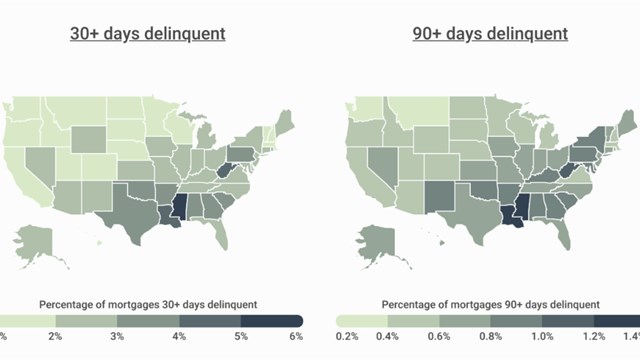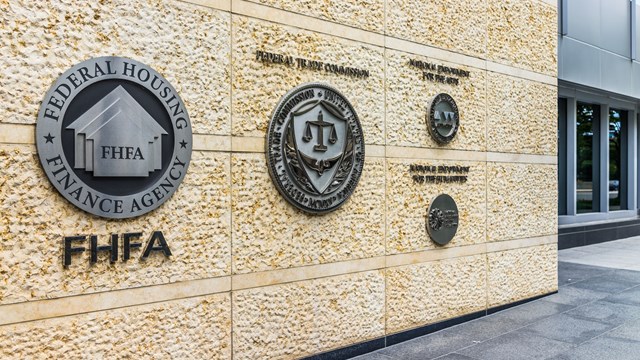Reserve funds are a normal - and crucial - component of the budget for any co-op and condominium community. Lenders of all types, whether it be the banking institution that holds the underlying permanent mortgage on an entire co-op building, or the mortgage company that originates loans for individual units look to reserves as a key indicator of a property’s overall financial health. Many lenders stipulate that reserves be maintained at a specified minimal level at all times. It’s money saved for a rainy day -- that rainy day when the roof needs replacement, or there is an unexpected burst pipe, or even a fire that does extensive damage to both individual units and common areas.
Types of Reserves
Reserves generally fall into two categories: operating, and capital. Operating reserves are a contingency built into the budget specifically to cover unexpected increases in regular, recurring expenses. This typically excludes cash earmarked for specific, finite projects, initiatives or essential future spending such as capital improvements. For example, there may be a sharp, unexpected increase in the cost of oil or gas for heating. The association or corporation has budgeted a specific amount for heating fuel based on the prior year’s usage plus some small cushion. When that cushion has been exhausted, a board may choose to use their operating reserves to cover the increased costs, rather than ask unit owners for a maintenance increase or assessment to cover the increased costs.
Capital reserves, on the other hand, are monies segregated for capital projects such as boiler or roof replacement. These reserves are mandated by various regulations put forth by a variety of concerns, including state/local government agencies, mortgagees, and often co-op and condo governing documents. These monies are to be specifically used for upkeep and replacement of critical building and community systems.
What About Emergencies?
So, your community has saved for a rainy day, and that rainy day has arrived -- in the form of the COVID-19 crisis. No one, anywhere, provided for literally thousands - or even tens-of-thousands - of dollars’ worth of personal protective equipment (PPE) and gallons of now-essential cleaning products in last year’s budgeting process. SO how will co-op and condo communities pay for this increase in costs?
Gumley-Haft, a management firm located in Manhattan, manages a large portfolio of buildings with between 100 and 300 units. Buildings of this type often have large staffs requiring a steady supply of protective gear. Gumley reports that they are purchasing PPE for their client buildings in bulk, and storing the product in a repurposed conference room, since in the age of COVID meetings are taking place online, not in-person. Buying in bulk enables Gumley to get a better price on PPE product, which helps their clients cut costs.
“The cost of COVID supplies is running in the thousands - not the ten-thousands - per month at this point,” says Dan Wollman, Gumley’s CEO. While this expense was unexpected, “Other monthly expenses, like oil, have declined in price, helping co-op and condo properties to cover the increased costs associated with COVID.”
Can Reserves Be Used to Cover COVID Costs?
By definition, and by generally accepted accounting principles, capital reserves should not be used for operating shortfalls, even in emergencies. Reserves are accounted for differently, particularly with regards to how their expenditure can affect an owner’s basis for capital gains tax purposes. Jayson Prisand, a partner with Plainview-based accounting firm Prisand Mellina & Unterlack, explains that in an emergency of this magnitude, co-op corporations and condominium associations should look to their operating reserves first - just as they would if the cost of heating oil or gas experienced a sudden jump.
Of course, there is always the possibility of increasing monthly maintenance charges or leveling a small assessment to cover an operating fund shortfall, but Prisand suggests a third possible option. “The association or corporation could ‘borrow’ the money from their capital reserves if there is clear intent to repay the funds - otherwise there could be serious tax implications.”
Wollman concurs. “In the event of immediate necessity, associations and corporations should tap their reserves. They should go to their operating reserves first though, saving capital reserves for a last resort.”
Both pros are quick to stress that if your building is facing a funding crunch, your board should absolutely consult with both financial and legal counsel before making a decision to take any of these measures. While there is an exigency to be met, all options should be considered, and professional guidance solicited. Using your capital reserves under the right parameters might be the umbrella you need on a very rainy day.










Leave a Comment